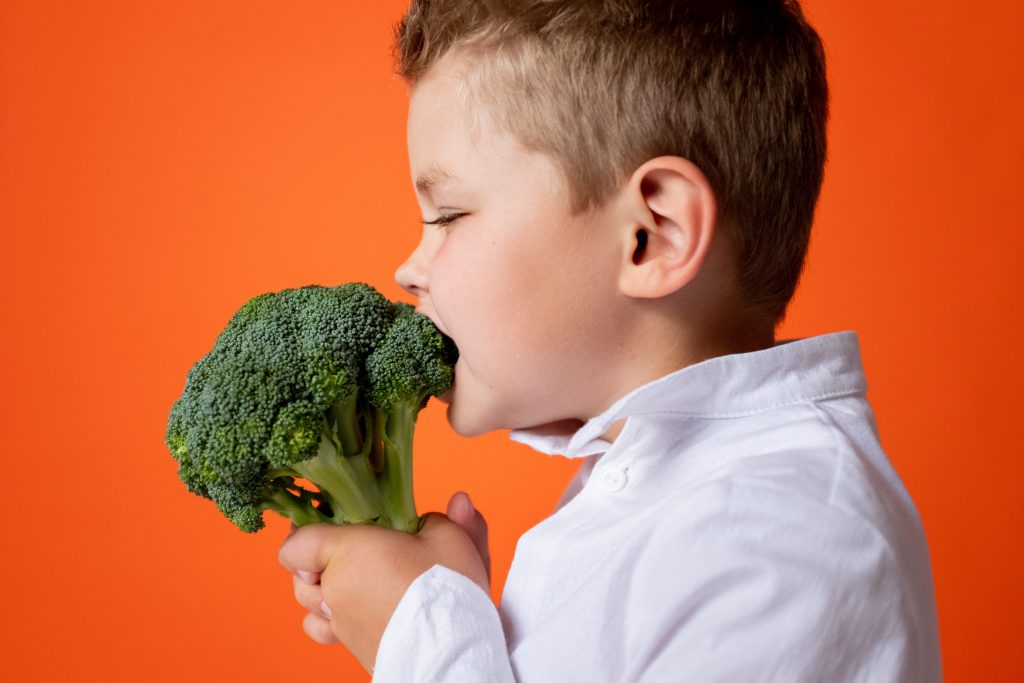Some healthy bioactive substances having antioxidant and other functional properties can give to the food a bitter taste. This is the case of several vegetables at the basis of the Mediterranean diet, like glucosinolates in Brassicaceae (or Cruciferae) family and secoiridoids in extra-virgin olive oil (EVOO). Although the intake of those vegetable products is constantly paired with positive effects on health, consumers of developed countries do not prefer food characterized by a bitter taste.
The reasons behind these preferences can largely be ascribed to evolution, as bitter taste signals intoxicating substances. In the case of edible vegetables, on the contrary, bitterness has no real intoxicating effect, but a beneficial association with health. Over the years, the breeding and the food industry took advantage of such a situation, increasing consumers’ acceptance of different foods, following two main strategies: the elimination of bitter substances from vegetables and the use of sweet masking substances. In either case, the outcome is that the foods available on the final markets tend to be significantly-less healthy and consumers, through a lack of exposure, are not accustomed to bitter taste and will further avoid bitter foods in future. Considering the two key products, we have to note that, while for EVOO hedonic liking and consumers’ preferences have been extensively dealt in previous studies, highlighting a discrepancy between European standards of quality (endorsing the sensory properties of superior healthy products) and final users’ preferences; whereas for Brassicaceae a very limited amount of scientific literature is available, underlining the importance of further investigations. The research group has dealt with the systematizing of the current knowledge on bitter sensory properties acceptance and attempted to implement nudging techniques in order to improve consumers’ diets. This contributions is ultimately aimed at helping Institutions and companies to implement public and private health policies for consumers and citizens.

- Vecchio, R., Cavallo, C. (2019). Increasing healthy food choices through nudges: A systematic review. Food Quality and Preference, 78, 103714. DOI: 10.1016/j.foodqual.2019.05.014
- Cavallo, C., Cicia, G., Del Giudice, T., Sacchi, R., Vecchio, R. (2019). Consumers’ perceptions and preferences for bitterness in vegetable foods: The case of extra-virgin olive oil and brassicaceae—a narrative review. Nutrients, 11(5), 1164. DOI: 10.3390/nu11051164
- Vecchio, R., Cavallo, C., Cicia, G., Del Giudice, T. (2019). Are (All) consumers averse to bitter taste? Nutrients, 11(2), 323. DOI: 10.3390/nu11020323
- Cavallo, C., Piqueras-Fiszman, B. (2017). Visual elements of packaging shaping healthiness evaluations of consumers: The case of olive oil. Journal of Sensory Studies, 32(1), e12246. DOI: 10.1111/joss.12246
Projects
- Program STAR 2016 Linea 1 PI: Riccardo Vecchio – financially supported by University of Naples Federico II and Compagnia di San Paolo.


